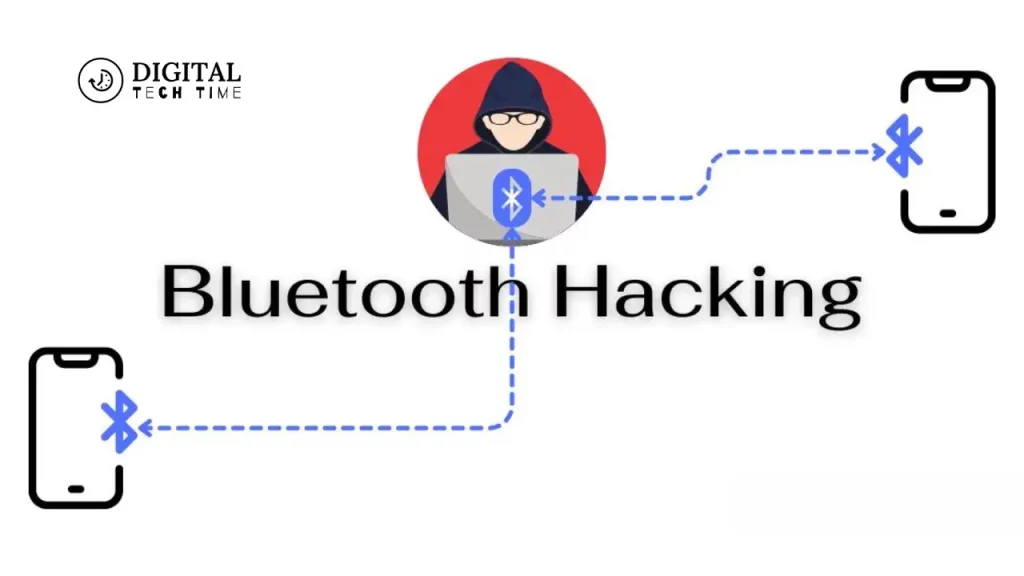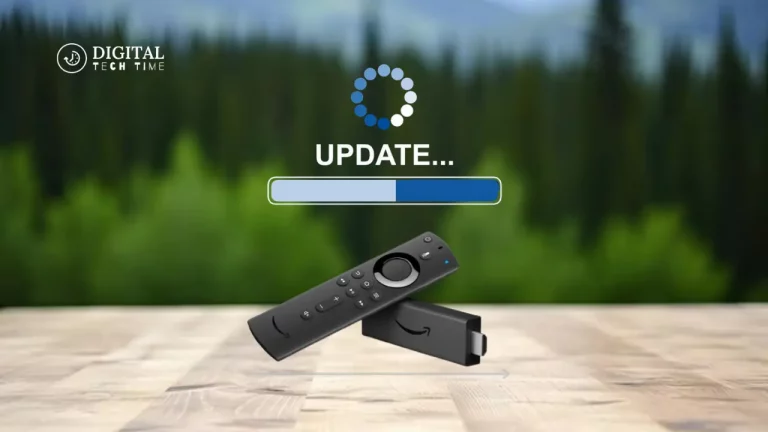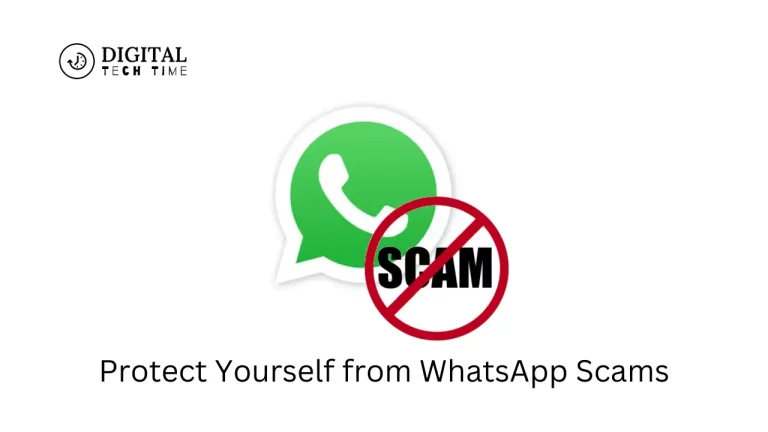Can Bluetooth Be Hacked? Exploring the Security Vulnerabilities
Everything is integral in today’s connected world, from Bluetooth technology to wireless headphones, smart home devices, and automotive systems. But with every possibility comes the critical question: Can Bluetooth Be Hacked? This exploratory study examined various security lapses associated with Bluetooth technology to identify some probable threats and measures to protect our gadgets. Knowing the risks and through good security practice, the convenience of Bluetooth can be used without compromising one’s digital safety.
Table of Contents
Understanding Bluetooth Security Vulnerabilities
Indeed, like any radio technology, Bluetooth is inherently vulnerable to various security attacks due to design flaws, improper implementations, or lack of care by users. Hence, understanding such vulnerabilities and how such risks may be minimized is required.
Types of Bluetooth Hacking Attacks
Bluetooth hacking attacks could be manifested in the following form:
- Eavesdropping: Attackers may intercept and listen to the information between Bluetooth-enabled devices, thereby getting sensitive information.
- Man-in-the-Middle (MITM) Attacks: This would place an attacker between two Bluetooth devices, allowing them to intercept, modify, and even impersonate devices.
- Denial-of-Service Attacks: Bluetooth devices may be forced to refuse service or crash by overwhelming surplus traffic.
- Pairing and Bonding Attacks: An attacker can utilize various vulnerabilities in the pairing and bonding process for illegitimate access to Bluetooth devices.

Real-life Examples of Bluetooth Hacking Incidents
Over the years, quite a good number of Bluetooth hacking incidents have become prominent, which is an alarm for finding a solution to these security issues. For instance, in 2019 alone, security researchers unveiled a vulnerability in BLE devices that allowed attackers to track users’ locations without their knowledge. Another example was the “BlueBorne” vulnerability uncovered in 2017, which is said to have affected billions of Bluetooth-enabled devices worldwide.

How to Protect Your Bluetooth Devices from Being Hacked
Following are a few ways you can protect your Bluetooth-enabled devices:
- Keep Bluetooth Devices Up to Date: Ensure you keep the Bluetooth devices updated to the latest firmware and software, as these are often updated for security patches or to fix known vulnerabilities.
- Enable Bluetooth Security Features: Use encryption, authentication, and authorization- each or any security feature of your Bluetooth device.
- Limit Bluetooth Visibility and Discoverability: Make your Bluetooth devices undiscoverable or invisible when unused.
- Use Strong Pairing Passwords: Create strong, unique pairing passwords for your different Bluetooth devices to avoid unauthorized access.
- Be Cautious While Using Bluetooth Connections: Keep pairing your Bluetooth devices only with known, trusted ones; otherwise, it may be malicious and lead to data exposure.
Best Practices for Secure Bluetooth Usage
With these tips to take additional steps to secure your Bluetooth usage, here is how you should care for the rest:
- Turn off Bluetooth when you are not using it: Turn off Bluetooth in all your devices when you don’t intend to use it. This would minimize unauthorized access.
- Use BLE for Secure Connections: BLE has enhanced security features, including encryption and authentication and other enhanced features not provided by classic Bluetooth.
- Use Multi-factor Authentication: Add other layers of security, such as biometric authentication or one-time passwords, to put an extra layer of security into your Bluetooth connections.
- Monitor Activity on Bluetooth Devices: Periodically check the Bluetooth activity on your devices for any suspicious connections or attempts at unauthorized access.

Bluetooth Hacking Prevention Tips
To better protect your Bluetooth-enabled devices, here are some prevention tips:
- Use Scanning Bluetooth Tools: Utilizing scanning Bluetooth tools will help identify the devices paired with your network and enable you to take early steps to eliminate imminent security threats.
- Bluetooth Firewalls: Installing Bluetooth firewalls can control Bluetooth traffic, including monitoring and access by unauthorized devices, which may also mean future attacks.
- Educate Users on Bluetooth Security: Educate them via comprehensive training and awareness programs so that users are more aware of its security and best practices for secure usage.
Bluetooth Security Updates and Advancements
Bluetooth technology has been developed and is maintained by the organization known as the Bluetooth Special Interest Group, or Bluetooth SIG for short. It works continuously to enhance Bluetooth security through periodic releases of security updates and enhancements that fix known vulnerabilities and improve overall security in the Bluetooth ecosystem.
Future of Bluetooth Security
By developing Bluetooth technology, much attention will be paid to security. The Bluetooth SIG will keep working on more sophisticated security methods: perfecting the encryption algorithms, strengthening the authentication protocols, and protecting from new threats.
Also Read: Unveiling the FinTechZoom Best Forex Broker: Full Guide
Frequently Asked Questions
Q: Is it possible to hack Bluetooth?
A: Yes, Bluetooth can be hacked since it’s a wireless technology with numerous security vulnerabilities. Any hacker can manipulate these vulnerabilities to access Bluetooth-enabled devices and their data.
Q: How do I protect my Bluetooth from hackers?
A: Make sure your Bluetooth devices have the latest firmware and software; turn on features related to Bluetooth security; use pairing solid passwords, and be watchful of Bluetooth connections with unknown and untrusted devices.
Q: What are the common types of Bluetooth hacking attacks?
A: The most common Bluetooth hacking attacks include eavesdropping, man-in-the-middle attacks, DoS attacks, and pairing and bonding attacks.
Q: How will I know whether my Bluetooth device has been hacked?
A: To determine whether your Bluetooth device has been hacked, check Bluetooth activity for suspicious connection and unauthorized access attempts, and use Bluetooth scanning utilities to identify and track devices connecting to your network.
Conclusion
While Bluetooth technology has fused with daily life, it has also opened many ways to security breaches. Identification of the level of risk pertinent to Bluetooth hacking, coupled with proper precautions taken, will guarantee the safety of your device and sensitive information against harm. This only means that keeping yourself informed and proactive toward Bluetooth security ensures that this omnipresent technology is used safely and reliably.







